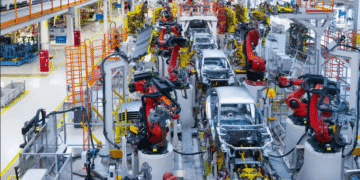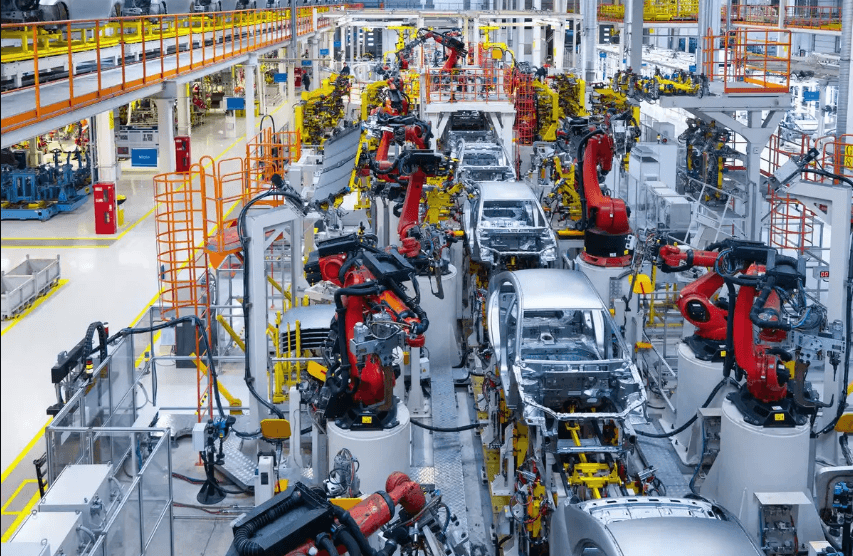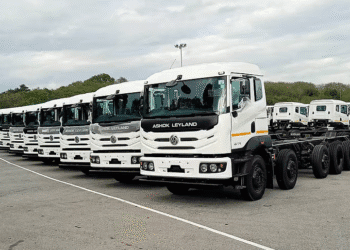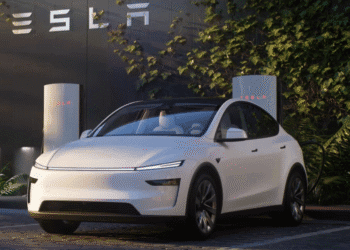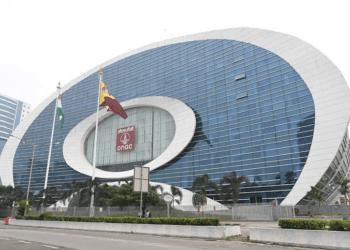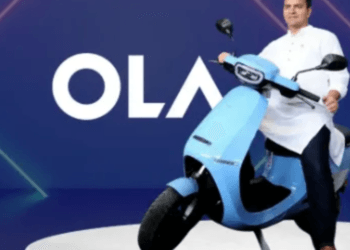Athira Sethu
Kochi, 12 Sep 2025
Indian automakers are running into difficulties with limits on China for importing rare earth magnets. In June 2025, China rejected an Indian branch of a European automaker’s application to import the same magnets, while its European headquarters’ application was granted. Even though there were indications of a thawing of relations between India and China, Beijing continues to dominate the supply of rare earth magnets that are essential in producing electric vehicle components and parts.
This has prompted Indian automakers to import completely assembled motor components from China and Vietnam rather than importing individual components. It is a costlier approach and may raise the price of cars in India. Additionally, it may negatively impact automakers that are eligible for the Indian government’s Production Linked Incentive (PLI) scheme, under which the government awards companies for promoting local production. The PLI scheme mandates a 50% value addition locally, and depending on imports, may lower this rate.
Automakers had been hoping that the 2025 meeting between Indian Prime Minister Narendra Modi and Chinese officials would result in China relaxing its control over rare earth exports. No real progress has been made in this direction. Carmakers have begun to buy complete parts from China for the time being, which would increase the price of cars. A high-ranking industry official observed that though India possesses a portion of the supply chain for rare earth magnets, it is still years from attaining the capability to produce them locally.
The government of India is cognizant of the scarcity of rare earth minerals and is taking measures to address the situation. Prime Minister Narendra Modi has declared a Rs 16,300 crore mission to prospect for additional sources of strategic minerals in India. The government has also initiated a Rs 1,500 crore program aimed at encouraging the recycling of e-waste and battery waste to recover key minerals.
Certain Indian automakers are already modifying their vehicle designs to minimize the amount of rare earth content. For instance, Royal Enfield has temporarily replaced its gear position sensor, which uses rare earth magnets, with the global shortage. Likewise, a leading Indian automaker has eliminated the gear position indicator from its automatic models to conserve on rare earth magnets.
The problem of rare earth magnet shortages also entailed complicated processes when requesting exports out of China. Certain applications have been stalled by additional requirements from the Chinese authorities, creating uncertainty and lengthy wait times for shipments.
As per a report, India is extremely import-dependent on 13 key minerals, such as rare earth elements, which are anticipated to be integral to India’s manufacturing industry by 2030. The report also pointed out the increasing power of China in Africa, where most of these minerals are mined, further muddying the global supply scenario.
In summary, India’s automotive sector is under serious challenge from the shortage of rare earth materials. Although solutions are being addressed by the government, the scenario may present consumers with higher prices and challenge auto manufacturers in seeking government incentives.
